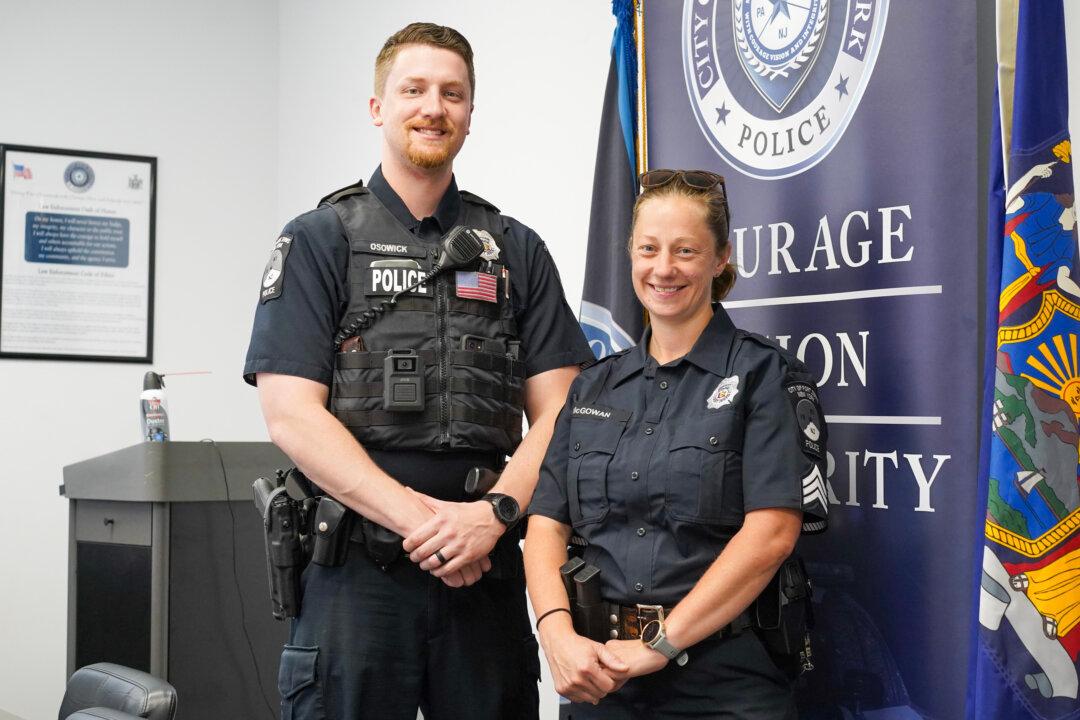The Port Jervis police recently taught two 10-week educational programs that reached more than 300 elementary and middle schoolers in the local district.
The programs, D.A.R.E. (Drug Abuse Resistance Education) and Too Good for Drugs, are designed to help students make healthy and responsible life decisions about drinking, drugs, and relationships, according to Police Chief William Worden.





